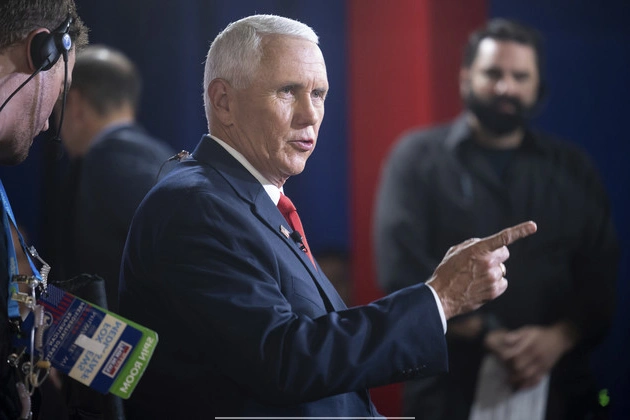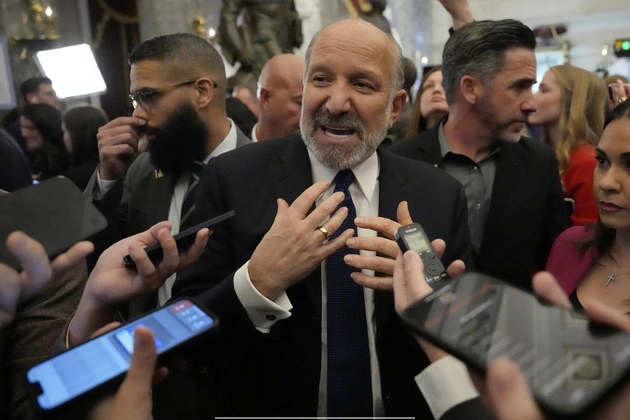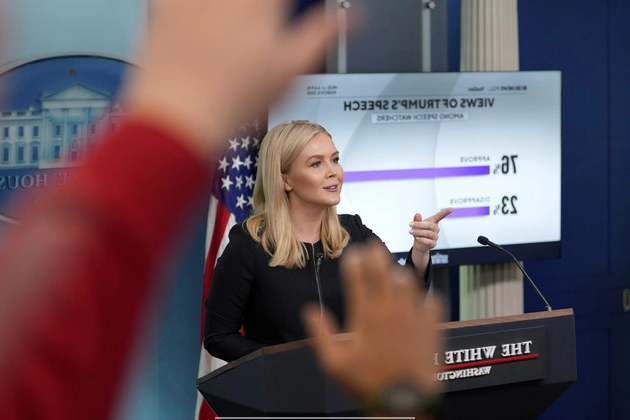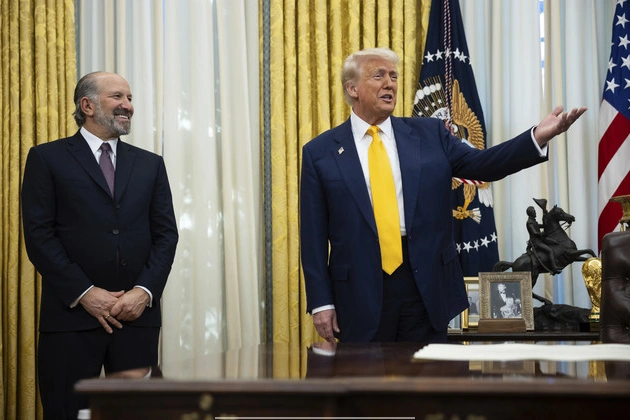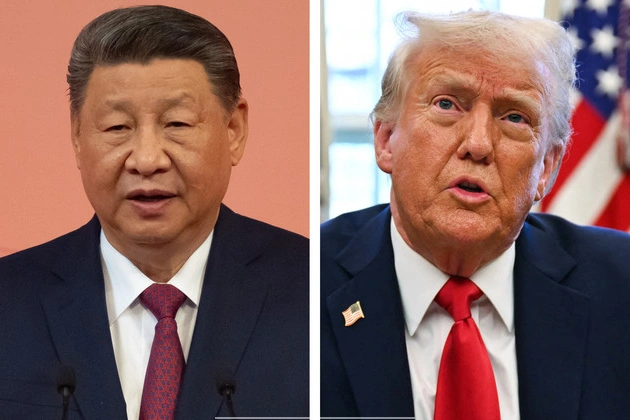
President Donald Trump’s recent statement expressing no urgency to speak with Chinese leader Xi Jinping has further heightened trade tensions between the two nations. Despite expectations of a meeting, Trump emphasized that the conversation would happen at the ‘appropriate time.’ This delay comes amidst escalating trade disputes as both countries imposed tariffs on each other’s goods.
The Tariff Exchange
Following the imposition of new trade curbs by both countries, Trump’s threat of imposing 10 percent duties on Chinese imports loomed. However, a last-minute decision delayed the 25 percent tariffs on Mexico and Canada. In response, Beijing retaliated with its own set of penalties, including tariffs on U.S. coal, liquefied natural gas, crude oil, agricultural machinery, and certain vehicles. Despite these actions, China’s tariffs are set to take effect on Feb. 10, allowing room for negotiation.
Trump’s Optimism and Navarro’s Contradiction
Trump remains optimistic about the situation, stating that the U.S. will fare well against China and other adversaries. However, the delay in communication between the two leaders hints at a prolonged resolution process. This contradicts White House adviser Peter Navarro’s earlier suggestion of an imminent phone call between Trump and Xi Jinping.
While the exact timing of the call remains uncertain, Trump’s initial expectation of a conversation within 24 hours has not materialized. Describing the 10 percent tariff as an ‘opening salvo,’ Trump underscored the significance of a potential deal with China. The implementation of substantial tariffs is contingent on the failure to reach a mutual agreement.
Trade Dispute Rooted in Fentanyl Issue
Trump’s persistent emphasis on tariffs as a means to combat fentanyl smuggling from China reflects a broader concern. The opioid crisis in the United States has been linked to Chinese precursor chemicals used in fentanyl production. While China has taken steps to control fentanyl exports, the issue remains a point of contention in the trade negotiations.
China’s Retaliatory Measures
China’s response to the tariff escalation includes expanding export restrictions on critical metals, updating its list of restricted entities, and launching an antitrust investigation into Google. These actions signal China’s readiness to counter U.S. economic pressures with strategic measures of its own.
As the trade dispute unfolds, the global economic landscape faces uncertainty. The impact of prolonged tensions between the world’s two largest economies extends beyond bilateral relations, affecting international trade dynamics.







